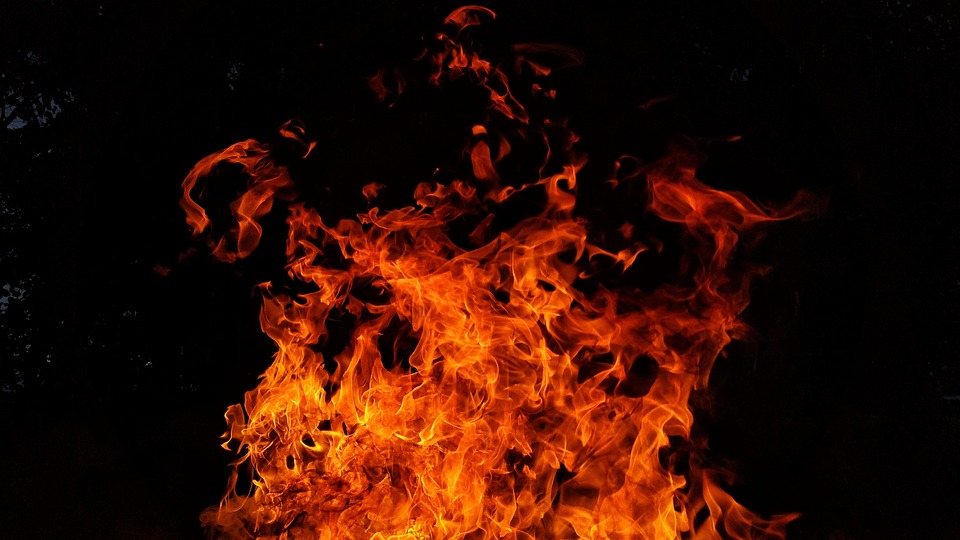The Australian Competition and Consumer Commission (ACCC) is encouraging feedback on ways to reduce fire and safety risks relating to lithium-ion batteries; including those used in solar energy storage applications.
Lithium-ion batteries are ubiquitous; appearing in everything from hand-held devices to solar energy storage and electric cars. Generally speaking, lithium-ion batteries are safe – but when things go wrong they can do so in a big way.
Thermal runaway is the biggest risk. This is where an increase in temperature caused by improper charging/discharging (or some other fault or misuse) fuels a further boost in temperature. This can rapidly lead to a fire that is difficult to put out, or even an explosion.
The ACCC is very concerned about the growing number of fires and injuries linked to lithium-ion batteries generally and it’s one of the ACCC’s product safety priority areas for 2022-23. Last week the organisation released an Issues Paper, seeking input on safety issues and potential hazard prevention strategies. Submissions are due on or before Friday, 3 February 2023.
The ACCC also offers tips on lithium-ion battery safety here.
Home Battery Safety Reports
While safety issues relating to home batteries are in the minority of all reports concerning lithium-ion energy storage; there is a significant, long-running and ongoing issue connected to one brand.
In May this year, the ACCC expressed serious concerns regarding thousands of recalled LG batteries and battery packs1 utilised by other brands used for solar energy storage that had still not been replaced, and that some system owners may not be aware of the recall and fire risk. Then late last month, the ACCC said the Commission would be directly contacting close to 5,000 households that are likely to still have what it called “dangerous LG solar batteries“.
The ACCC noted there have been nine reported incidents involving “these types of batteries” in Australia resulting in property damage and one injury. It wasn’t clear if “these types” just referred to affected LG solar batteries or other brands as well.
The recently released Issues Paper provides some further detail on the number of incidents and issues with home batteries.
- Between 1 April 2017 and 31 October 2022, the ACCC received 30 mandatory reports from suppliers and 160 reports from consumers relating to Li-ion batteries. 7% of the reports were in relation to renewable energy storage systems.
- Between 1 January 2017 and 19 August 2022, state and territory Australian Consumer Law (ACL) regulators received 95 reports relating to Li-ion batteries. 12% of those reports were related to residential and solar batteries.
The proportion of the solar battery reports that were LG-related wasn’t noted, and added to these are issues the ACCC and state ACL regulators don’t hear about.
Safety is just one aspect to be aware of when considering a home energy storage purchase. Learn more about this and other important considerations in SolarQuotes founder Finn Peacock’s comprehensive guide to buying home batteries.


 RSS - Posts
RSS - Posts



I was very happy with all aspects of my Tesla Powerwall 2 until I heard it making a loud ongoing noise. When I established it was the battery being noisy I decided I had to turn it off. When I got to the battery it was emitting smoke. Turning it off solved both issues.
Tesla replaced the battery without fuss but it took nearly 7 weeks. My supplier (AGL VPP) provided a generous compensation to cover my loss from not having the battery.
The battery was 5 years old and came with a 10 year warranty. The replacement only gets the remaining warranty and I feel this is wrong. Surely the new replacement should come with full warranty.
If I hadn’t been home, I wonder if the outcome would have been catastrophic.
Sorry to hear about your Powerwall failing in an obviously worrying way. It is possible it could have gone very badly, despite the safety features built into the Powerwall.
Unfortunately, it is common for a warranty to only apply for the original period after a product is replaced. But if there is a probablem within 7 weeks after the 10 year warranty ends you’ll have good grounds to make a claim under Australian Consumer Guarantees, since you didn’t have use of it for almost 7 weeks.
The good news is the Tesla Powerwall is one of the more reliable battery systems available and they have been improved since you got your original one, so it’s very unlikely you’ll have a probably with the new unit for 10+ years.